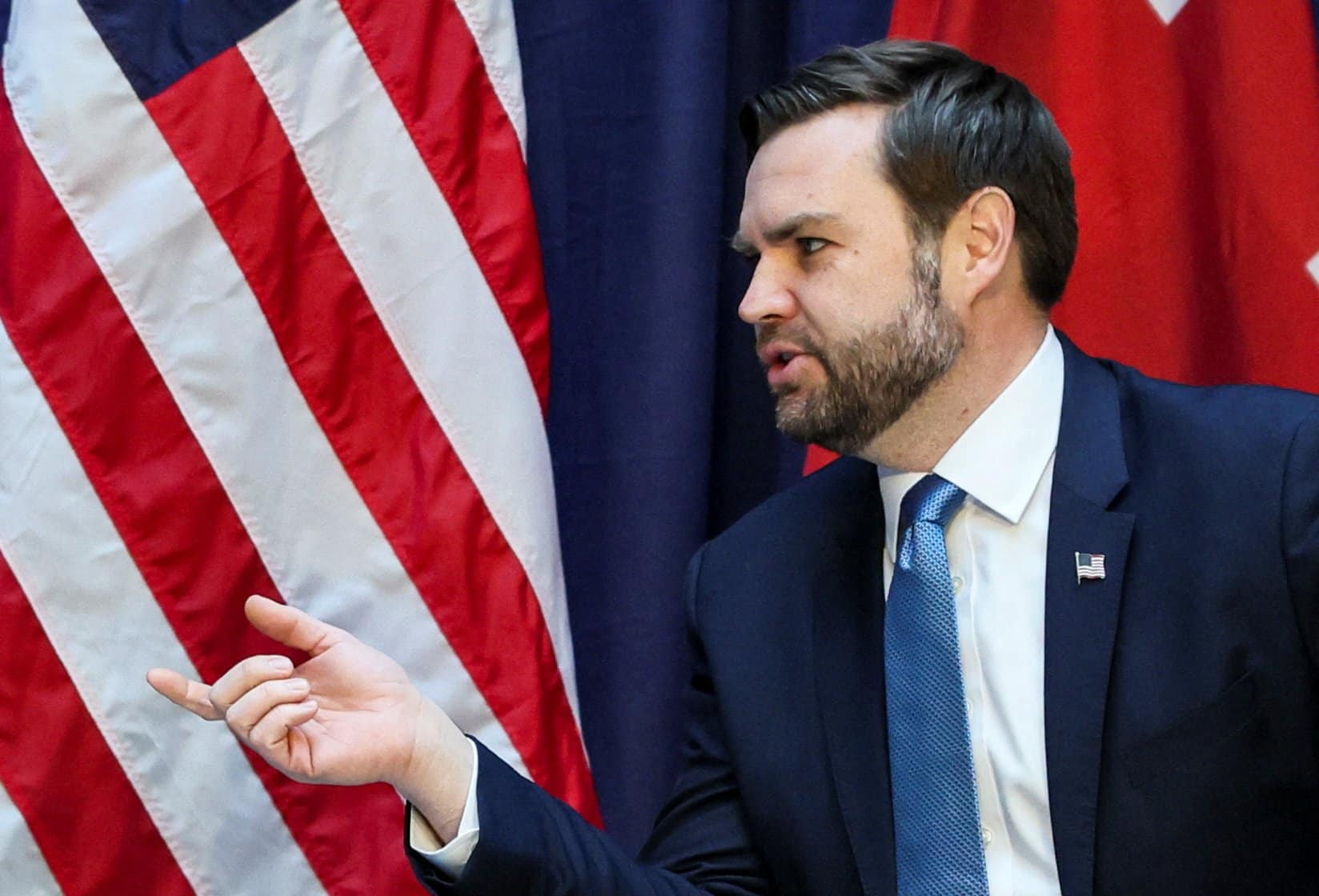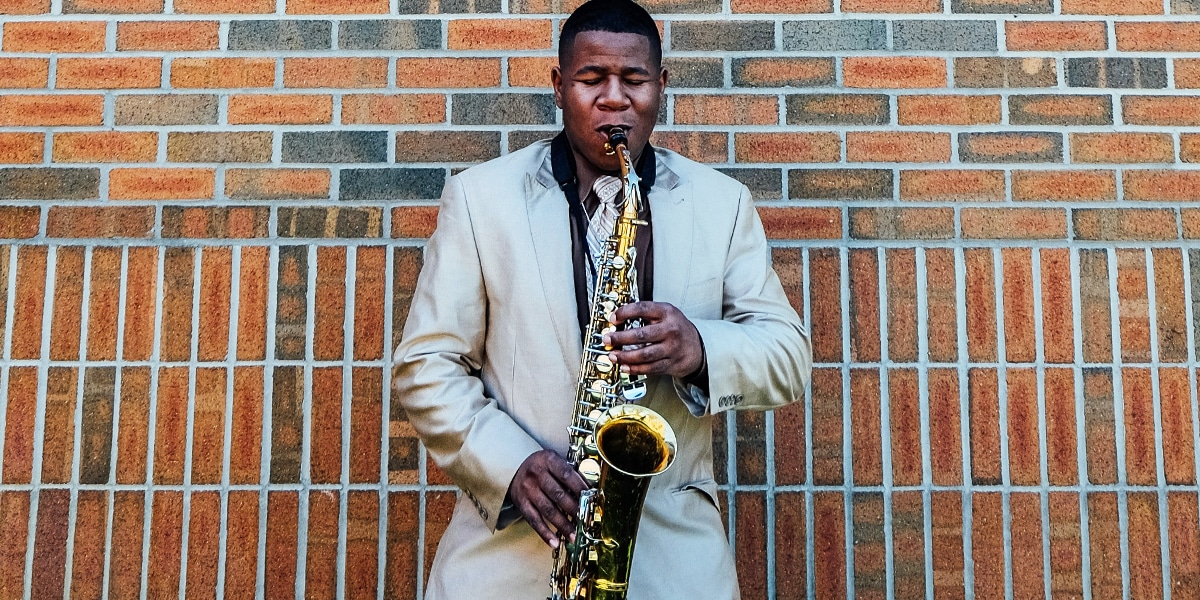Text, post, tweet, pin, repeat. Text, post, tweet, pin, repeat. The unfailing cadence of the millennial generation. The drum of social media and connectivity that beats faster every day, pushing my generation onward, as if it were the refrain of our having been told as adolescents to walk to the beat of our own drums.
If I want to see where my friends are eating dinner on a Saturday night, I check Foursquare.
If I want to click through hundreds of spring break photos, I scroll through my Instagram feed.
If I want the latest news from anywhere around the world, I pull up Twitter.
I want, I want, I get, I get. Instantly.
At 80 million strong, millennials, born roughly between 1980 and 2000, represent the largest age group in American history. Adolescents aspire to be us. Teenagers act as if they are, and baby boomers are just plain scared of a generation that boasts not only Olympic-level texting abilities but also the education and opportunities they were denied.
It’s also the generation that writer Joel Stein dubbed “The Me Me Me Generation ” on the cover of Time in May 2013.
“Millennials are lazy, entitled narcissists who still live with their parents, ” the subtitle fiercely proclaims. That assertion troubles me because I belong to this demographic club. And so I decided to examine the spiritual lives of the millennial generation. According to the Pew Research Center, one-third of adults under 30 are religiously unaffiliated, the highest percentage ever. Most startling, nearly one in three Americans were raised in the Roman Catholic faith, yet today fewer than one in four describe themselves as Catholic.
The Church is on the brink of a crisis. As the baby boomers reach retirement age, millennials are less likely to fill the pews, forcing the Catholic Church to rethink how it reaches 20- and 30-somethings the so-called “Me Me Me Generation “, not only on Sundays, but every day in between.
Religion and Technology
I remember my first cell phone. I was a sophomore in high school driving an embarrassing, hand-me-down Buick LeSabre, and the simple flip phone was reassurance to my parents that 911 could be called at any time. Nearly 10 years later, I see toddlers with cell phones, already conditioned to send the more than 60 text messages the typical teenager sends daily.
It’s no secret that millennials are dependent on technology, a true paradox as our relationships and faith life seem to be faltering, even as we grow more connected in the digital space. But it’s a mistake to blame technology for severing the ties between millennials and our personal relationships with God or a church community.
In fact, these electronic tools represent opportunities for the Church to integrate with this generation in unprecedented ways. Sunday bulletins are no longer the only way for religious leaders to reach parishioners. For example, a simple Facebook post can reach more users faster than a church coordinator can type a single paragraph. And, since nearly every person in his or her 20s and 30s carries a cell phone, group texts are an easy and affordable way to invite young adults either to adoration or to a social event.
Many religious leaders are already adapting to these popular forms of communication. Cardinal Timothy Dolan, archbishop of New York, boasts more than 130,000 Twitter followers who can view his daily tweets, hashtag and all. Only months after he was named pope, Pope Francis tweets as @Pontifex to an audience of 10 million followers around the world.
Catholics of all ages can interact with Church leaders and other Catholics in ways their parents and grandparents could never have dreamed, forming a global pipeline for religious conversation, prayer networks, and more.
As millennials, we listen to our iPods while texting and banking online because that’s the technology available and familiar to us. We’re not some new species that nonmillennials have to figure out. We’ve just mutated technologically and adapted to fit our electronic environment. Other generations have adjusted to change, though at a slower rate, and so we’re only asking the Church to adapt with us.
Revitalizing Potential for the Church
This burgeoning Catholic generation continues to press the Church forward into the 21st century while simultaneously questioning how it will leave its mark “Millennials are looking at a blank canvas in terms of leaving their mark on the Church, ” says Megan Miller, 27, a Chicago-based editor for Wrapports, LLC, the parent company of the Chicago Sun-Times. “In many ways, it’s like we’re all holding our brushes deciding who’s going to put the first colors up.
“We have a stronger desire to encounter Mass and really know God, ” she says. “We want the tradition and to know the teachings. These are the characteristics of millennials that will impact the Church we have the potential to be the generation that reintroduces the world to our faith. ”
So how can the Catholic Church welcome us, the Catholic millennials, who can potentially lead this new evangelization effort? How can the Church encourage us to stay rooted in a faith community and eventually raise our families in the tradition of the faith?
I believe that millennials will remain in or return to their faith when the Catholic Church creates a home for us. It’s clear that we’re different from any previous generation, so the Church needs to engage us differently. That doesn’t require either the Church or my generation to abandon our rich Catholic tradition or its core teachings. But it does mean that the Church needs to recognize what makes us unique and to create groups, services, and opportunities for involvement that meet our needs.
In Search of a Home
After moving their futons and twin-sized sheet sets back into their parents’ homes post-college, 20-somethings will also need a home for their spiritual lives. Many of the college campuses they left boast thriving Bible studies and student-led Masses or, in non-Catholic schools, Newman Centers for spiritual growth. So when these millennials come home, they often lose those supportive faith communities and are forced to integrate into their “old ” churches where they’re more familiar with the Sunday school programs they might have attended than with adult ministries.
Millennials like me want to feel that our parish can be our home at any age and to feel that there are positions and opportunities for us to serve in that parish faith community. You may not see us at 7:30 a.m. Mass, but we’ll take advantage of the alternate Mass times and the virtual prayer networks that easily meld into our everyday lives. We have unique gifts that we want to use, particularly in our technological proficiency, but we need an invitation and reassurance that even though we may be past Confirmation age, we still have a role within and outside the Mass.
To Tim Weiske, 26, a parish transformation leader at the Archdiocese of Chicago, the most successful parishes encourage millennials to spearhead programs often missing that serve young adults.
“Reflecting on my own parish’s vibrant young adult community, much of the reason for our vibrancy is that the young adults have been empowered to start new activities and refresh old [ones], ” he says. “Parish leadership and staff provide important guidance, but the young adults themselves do most of the legwork to actually initiate and implement [them]. ”
Single-Living Support
Marriage and family life have always served as a pillar of the Church community, but many millennials are not rushing to the altar post-college or soon after. Marriage rates are at their lowest point in more than a century, and the median age for an American woman’s first marriage has risen from 20.6 in 1967 to 26.9 in 2011. Fewer people are marrying, and if they do, they’re waiting to tie the knot until they are stable in their finances and careers.
Even if marriage rates continue to decline, it’s still the responsibility of, and the opportunity for, the Catholic Church to provide resources and support for Catholic singles who may eventually choose to enter into the Sacrament of Marriage or a consecrated single life. If we want a society rooted in family and Catholic values, the Church must show singles many of them millennials how to prepare for holy, Catholic, single, and married lives.
Parishes should take note of online communities like CatholicMatch.com that are already working to reverse the marriage decline and provide support for Catholic singles. In July 2013, CatholicMatch co-founder Brian Barcaro announced the new CatholicMatch Institute for dating and marriage, focused on advocacy, programs, and scholarships for single Catholics.
“The increase in singles directly affects the marriage and religious vocations crisis, ” Barcaro stated on the organization’s blog. Now parishes need to match these efforts and move beyond singles groups by creating a culture that welcomes singles and values them as much as families.
Balancing Work and Spiritual Lives
Millennials entering the workforce for the first time wonder how we can integrate our faith into our choices while still respecting the opposing views around us. When I graduated from a Catholic university in 2009 with a four-year degree that cost me more than I would like to admit, I was immediately thrown into the corporate world that didn’t care about my 30-page thesis or my extracurricular activities or my spiritual well-being.
Naturally, just starting out, we’re unsure of how to achieve that elusive work/life balance everyone talks about, and we’re already wondering what our next job move should be.
We know how to “brand ” ourselves, creating our own websites in minutes and blazing a career and social path that sets us up for the next career move. I receive daily event updates from local young professional groups inviting me to networking events. How great would it be if some of those invitations came from my own parish, allowing me to network with faithful parishioners? With the right direction, the Church can teach tomorrow’s leaders how to think and act both ethically and morally.
I think we can all agree that the corporate world could use more faith-filled leaders, and that begins within the Church and among the faithful members of the Church community.
âWe’ Instead of âMe’
But even if the Church creates new ministries and fully meets the spiritual needs of millennials, how can we be sure that they will positively impact the Church?
Despite the unflattering statistics on entitlement, self-centeredness, and laziness, the millennial generation is composed of idealists and dreamers. My peers and I are earnest and optimistic and more accepting of differences than the generations that came before us. It’s clear that millennials are looking inward, but it’s also clear that we’re then looking outward not at our smartphone screens or our Facebook walls but at the world around us and the opportunities it offers.
In his Time article on millennials, Stein said it himself, this generation is ambitious, confident, and, more than anything, nice. Can you imagine how great our world could be if we could all just get along?
The Catholic Church cannot change this technology-driven and ambitious generation. Nor should it. It’s we, the millennials, who can, and, given the chance, will, change the Church through our quick adoption of social media and our expectation of inclusive communities.
Young Catholics have the power to thrive even within the “Me Me Me Generation ” and create a Catholic millennial subculture that will finally usher the Catholic Church into the 21st century while staying true to its 2,000-year history.
Don’t let the Time headline fool you, and don’t let the statistics scare you. We millennials will change the Church and, more importantly, the world.








